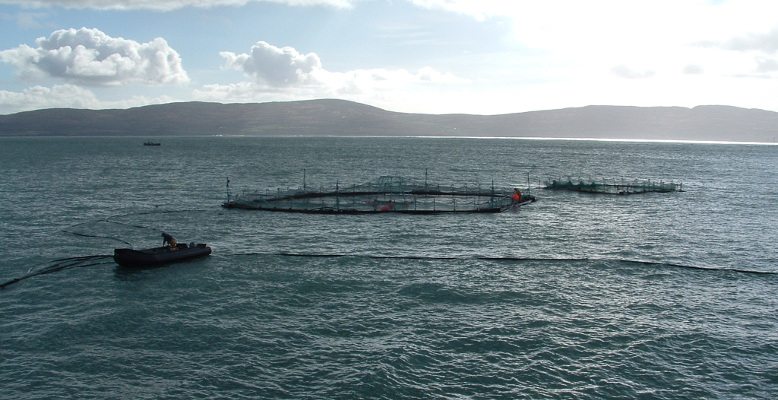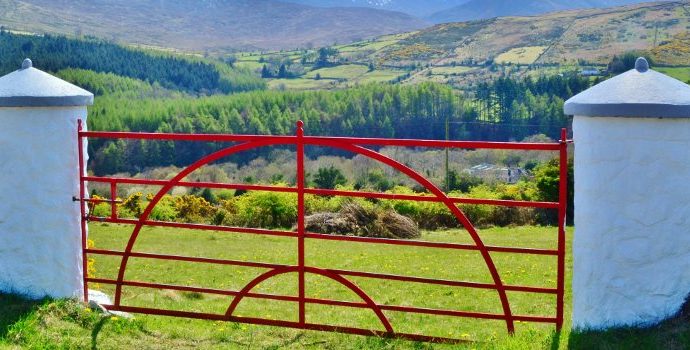IFA President Calls on Government to Speed Up Aquaculture Licensing

With almost 600 licence applications to be processed by the Department of Agriculture, Marine and Food, IFA President John Bryan has called on the Government to speed up licence processing.
During a visit to fish and shellfish farming facilities in Donegal this week, Mr Bryan said, “Between all the agencies and Departments involved, there must be a focus on helping the industry provide more jobs and exports. I was struck by the huge potential of the fish and shellfish farming sector, the commitment and investment involved and the excellent Irish seafood products that are marketed in Europe, Asia and at home.”
John Bryan and IFA General Secretary, Pat Smith, viewed production operations in Lough Swilly and Mulroy Bay where top quality salmon, mussels and scallops are produced. They also had briefings at processing facilities where over 100 people were involved in the production of fresh, frozen and chilled farmed fish for the domestic and export market.
“The future of the Irish farmed seafood sector is obviously positive, given the huge seafood deficit in the EU where we have to import almost 70% of our fish and shellfish. The Irish industry has developed an expertise in farming and processing which is world-class. What we simply need is permission through licencing to produce more fish. It is unacceptable that we have to turn customers away due to lack of supply,” said the IFA President.
The bureaucratic issues regarding Habitats Directive designations, which are more about paperwork than environmental impact, should be fully dealt with at this stage, according to IFA.
“The impact of aquaculture on peripheral coastal areas and islands – whether it be the 270 jobs provided by Marine Harvest Ireland, or six jobs by one of hundreds of local shellfish producers – is significant. With the breadth of knowledge and the close community links of companies involved in the sector, there is an onus now on the Government to focus on supporting existing farmers who wish to develop their businesses and access the same EU-sanctioned funding as is available to the rest of our European industry competitors.”




